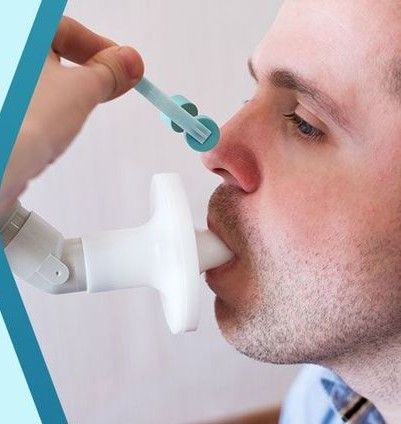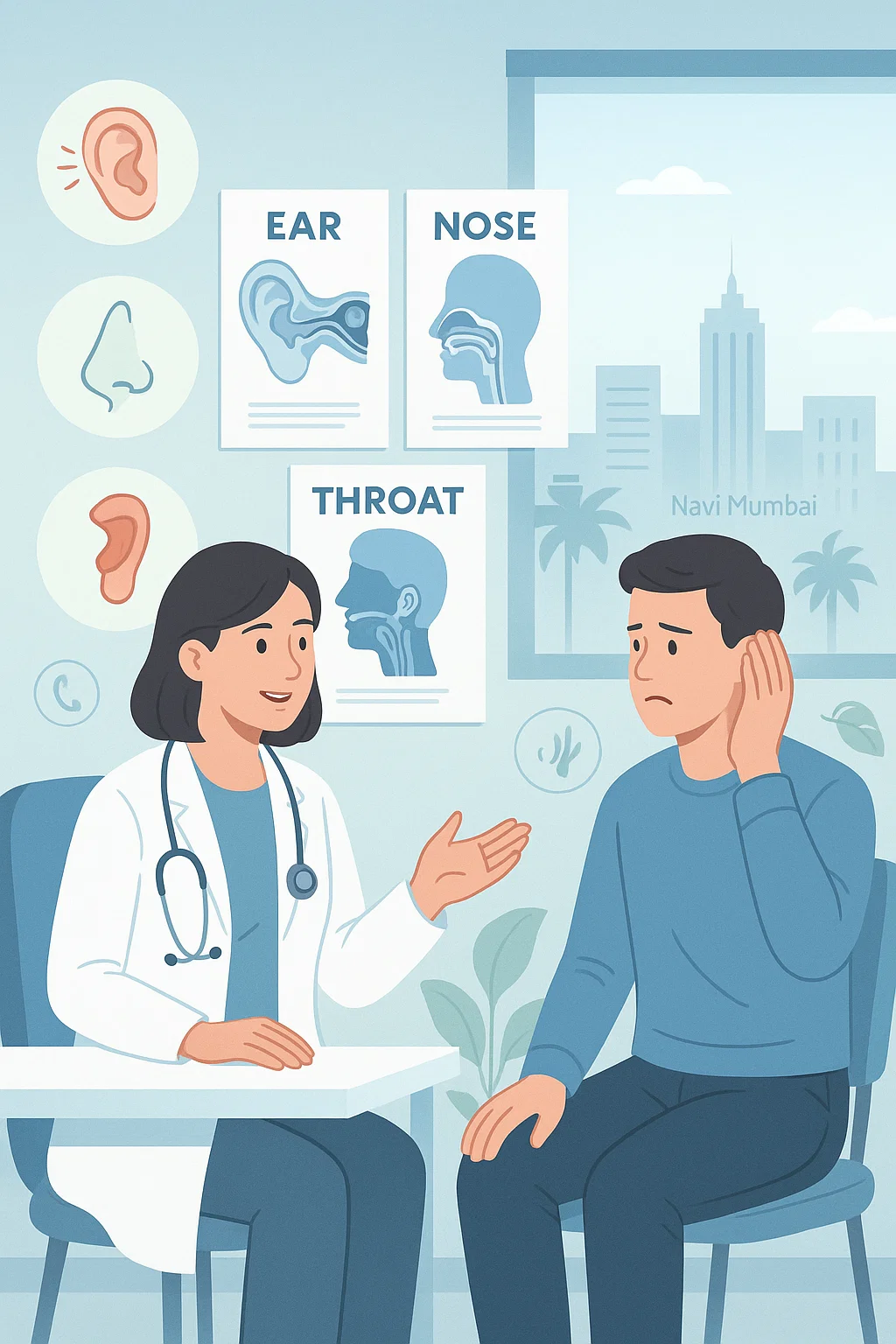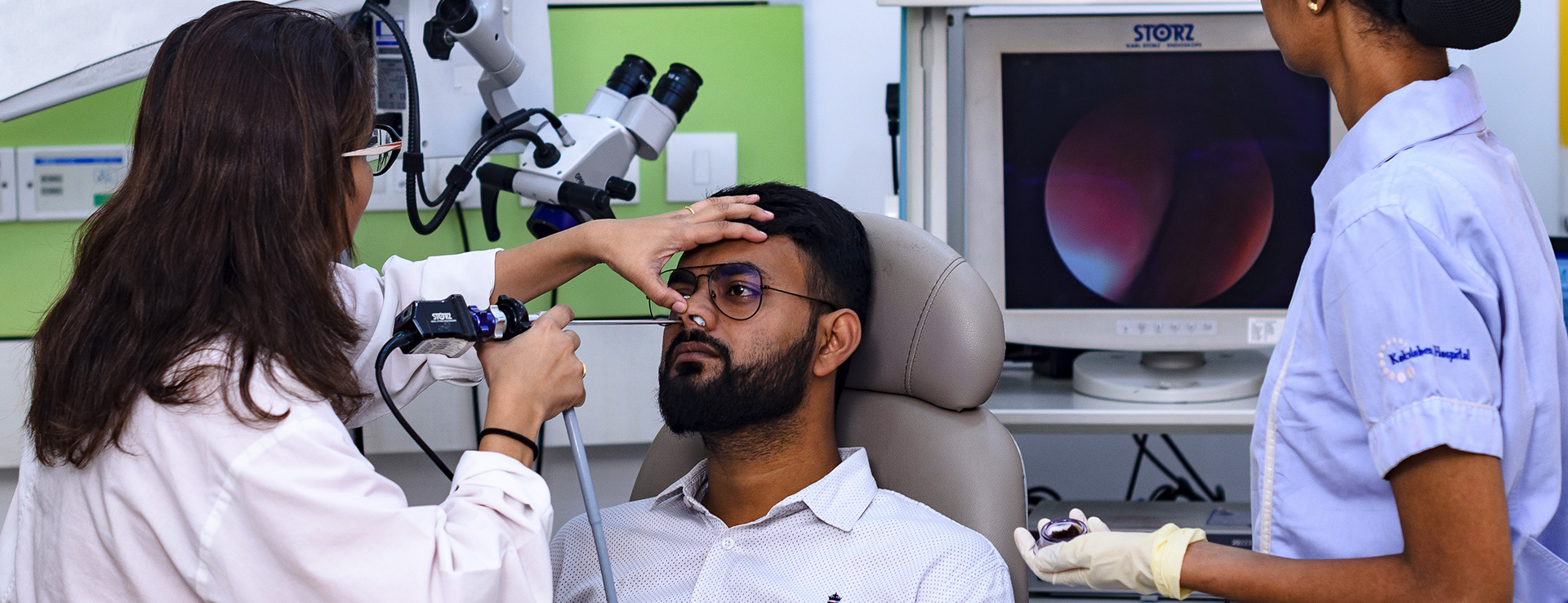How Lung Function Tests Help Detect Hidden Breathing Problems

Strong 8k brings an ultra-HD IPTV experience to your living room and your pocket.
Breathing is something we do every second of the day, yet most of us don’t pay attention to how well our lungs are working. Many lung conditions develop slowly and may not show obvious symptoms until they’ve already started affecting your health. That’s why lung function tests are so important. These tests can detect hidden breathing problems early, giving doctors a chance to treat or manage them before they become serious.
If you’ve ever experienced shortness of breath, a chronic cough, wheezing, or tightness in the chest, you may be advised to undergo a lung function test. But even if you don’t have any symptoms, these tests can offer valuable insights—especially if you’re exposed to high levels of pollution, smoke, or have a history of lung issues in your family.
What Are Lung Function Tests?
Lung function tests (also known as pulmonary function tests or PFTs) are a group of non-invasive tests that measure how well your lungs are working. They help assess:
- How much air your lungs can hold
- How quickly you can move air in and out
- How well your lungs transfer oxygen to your blood
These tests are commonly used to diagnose lung diseases such as asthma, chronic obstructive pulmonary disease (COPD), interstitial lung disease, and even early signs of lung damage due to pollution or smoking.
Why Are Lung Function Tests Important?
Many lung diseases start slowly, and people may not notice the symptoms at first. By the time obvious problems occur, the lungs may already be damaged. Lung function tests allow doctors to:
- Detect early signs of lung disease
- Monitor the progression of an existing condition
- Evaluate how well treatments are working
- Understand how a condition affects your breathing during daily activities
These tests also provide critical information before surgery or in people with heart disease, helping assess their ability to handle anesthesia or physical stress.
Types of Lung Function Tests
There are several types of lung function tests. Each one looks at different aspects of lung health. Here are the most common ones:
1. Spirometry
Spirometry is the most commonly performed lung function test. It measures how much air you can inhale and exhale, and how quickly you can blow air out of your lungs. It helps detect conditions like asthma, COPD, and restrictive lung disease.
During the test:
- You’ll be asked to breathe into a mouthpiece connected to a machine
- You’ll take a deep breath and blow out as hard and fast as you can
- The machine records your airflow
Spirometry results are usually available immediately and give a clear picture of your lung performance.
2. Peak Flow Test
This test measures the fastest speed at which you can blow air out of your lungs. It’s often used for people with asthma to monitor how well they are managing their condition.
You’ll be asked to blow into a small handheld device called a peak flow meter. Based on the reading, your doctor can adjust your medication or treatment plan if needed.
3. Lung Volume Measurement
This test determines the total volume of air your lungs can hold. It is useful for diagnosing conditions that cause the lungs to stiffen or shrink, such as pulmonary fibrosis or scarring due to infection or pollution.
This test may require you to sit in a small, enclosed space (called a plethysmograph) while breathing into a tube. It’s safe and painless, although it may feel a little unusual.
4. Diffusion Capacity Test
This test checks how well your lungs transfer oxygen into your blood. It is particularly useful for detecting diseases that affect the lung’s small air sacs or blood vessels, like pulmonary hypertension or lung scarring.
You will be asked to breathe in a harmless gas mixture and hold your breath briefly. The amount of gas absorbed into your blood is measured to see how efficiently your lungs are working.
Who Should Take a Lung Function Test?
You may be advised to take a lung function test if:
- You have symptoms like frequent coughing, shortness of breath, or wheezing
- You have a family history of asthma or COPD
- You smoke or have been exposed to pollution or chemicals
- You are being treated for a known lung condition and need to monitor progress
- You are undergoing a medical procedure that may affect your lungs
Even if you don’t have symptoms, it’s a good preventive step—especially if you live in a city with poor air quality or work in environments with dust or fumes.
How to Prepare for the Test
Here are a few basic tips:
Avoid smoking for at least 24 hours before the test
- Don’t eat a heavy meal beforehand
- Wear comfortable clothing that won’t restrict your breathing
- Inform your doctor about any medications you’re taking
The test is usually quick, lasting between 30 to 60 minutes, and you can go home immediately afterward.
Conclusion
Lung function tests play a vital role in identifying hidden breathing issues before they grow into serious health problems. They are safe, simple, and provide valuable insights that help doctors guide treatment decisions and preventive care.
Whether you’re dealing with persistent respiratory symptoms or simply want peace of mind about your lung health, getting tested is a smart and responsible step. At Kokilaben Hospital in Navi Mumbai, experienced pulmonologists use advanced diagnostic tools and provide expert care tailored to your needs.
Note: IndiBlogHub features both user-submitted and editorial content. We do not verify third-party contributions. Read our Disclaimer and Privacy Policyfor details.







